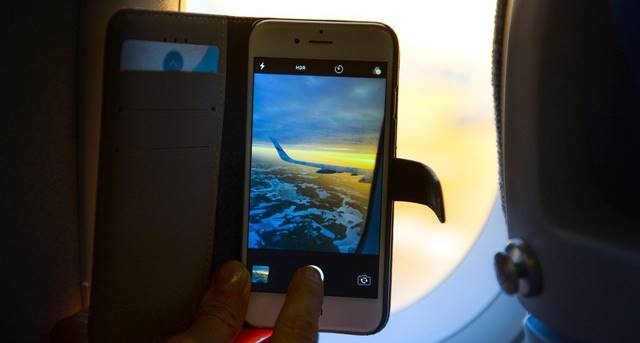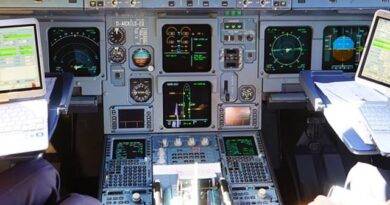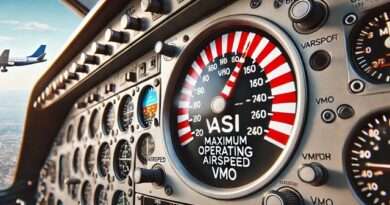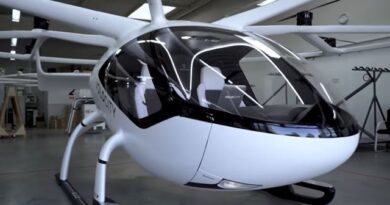Is using mobile phones on a plane safe?
The first cell phone was invented in 1973 by Motorola researcher Martin Cooper. Then, with the advancing technology, the first phones were replaced by smart phones. Now, these devices have become indispensable for people with their many features. But what effect do these smart devices have on the plane? Many of us have encountered warnings that the phones were either turned off or switched to flight mode when we got on the plane.
According to the worldwide rule (with exceptions), the use of any portable electronic devices is not allowed at altitudes below ten thousand feet. Above this altitude, devices such as music players and computers are allowed, but the use of phones is prohibited. Do we all heed these warnings? Do what we were told? In fact, 4 out of 10 passengers participating in a study conducted in the United States, unfortunately, did not heed these warnings. Why is this required from passengers?
System Failure
Aircraft have dozens of electronic-based systems to communicate with the air traffic control unit (tower, approach, en-route…) and to stay safe in the air. Sensors of some electronic devices are able to communicate with the cockpit. If the frequencies of these devices are close to the frequencies of avionic devices, they may damage or deteriorate the signals and indicators. This damage; communications can also affect radar or anti-collision systems. For example, according to a report published in the USA, the pilot noticed that the compass showed an incorrect value during the climb phase and stated that the compass returned to normal with the warnings made to the passengers to make sure they turned off their devices.
The use of mobile devices was banned in aircraft for these reasons in 1991. Further the implementation of the flight mode to smart devices in 2013 made it easier to use phones in airplane mode on all flights. As a result, not switching the phone to airplane mode during journeys may not cause the plane to crash (Maybe not caused yet…). But it may cause radio interruptions in the cockpit, the pilot to hear disturbing noises and the inability to communicate properly with the units.
In the aviation industry, safety is always a priority and no compromise. When a rule is set, it must be proven to be safe. Aircraft manufacturers, of course, have already taken precautions against the use of mobile phones. However, it could not be proven definitively that malfunctions would not occur if the passengers left their phones open. Therefore, a general ban is still common. For this reason, it is important to turn off mobile phones completely or switch to flight mode on all plane trips, just in case.

(NASA ASRS Database Report Set Passenger Electronic Devices)
Miniature Base Station
Some airlines use technologies that enable the use of mobile devices on board. On aircrafts that use miniature base stations such as On-Air and AeroMobile, signals are provided to operate at low levels. After the propagated waves are processed, they are transferred to a satellite and then sent to the normal land station. However, it is still not allowed to use the device during landing and taking off. In a related case, it is stated that the aircraft navigation system failed at 30 degrees and the problem was resolved after the DVD player in one of the passengers was turned off. It is stated that the aircraft navigation system fails again when the passenger turns the device back on.
Don’t Ignore the Warnings
Even if an accident in the form of a phone crash of a plane has not been recorded in aviation history, it may endanger the safety of the flight with the situations it may cause. When it comes to our lives, the devices we cannot use during flight should not be a big price. Since every regulation made in the name of aviation is the basic human life on which most rules are based, it is of great importance not to ignore these warnings.
Aviation Safety Reporting System (ASRS)
for more articles click.


